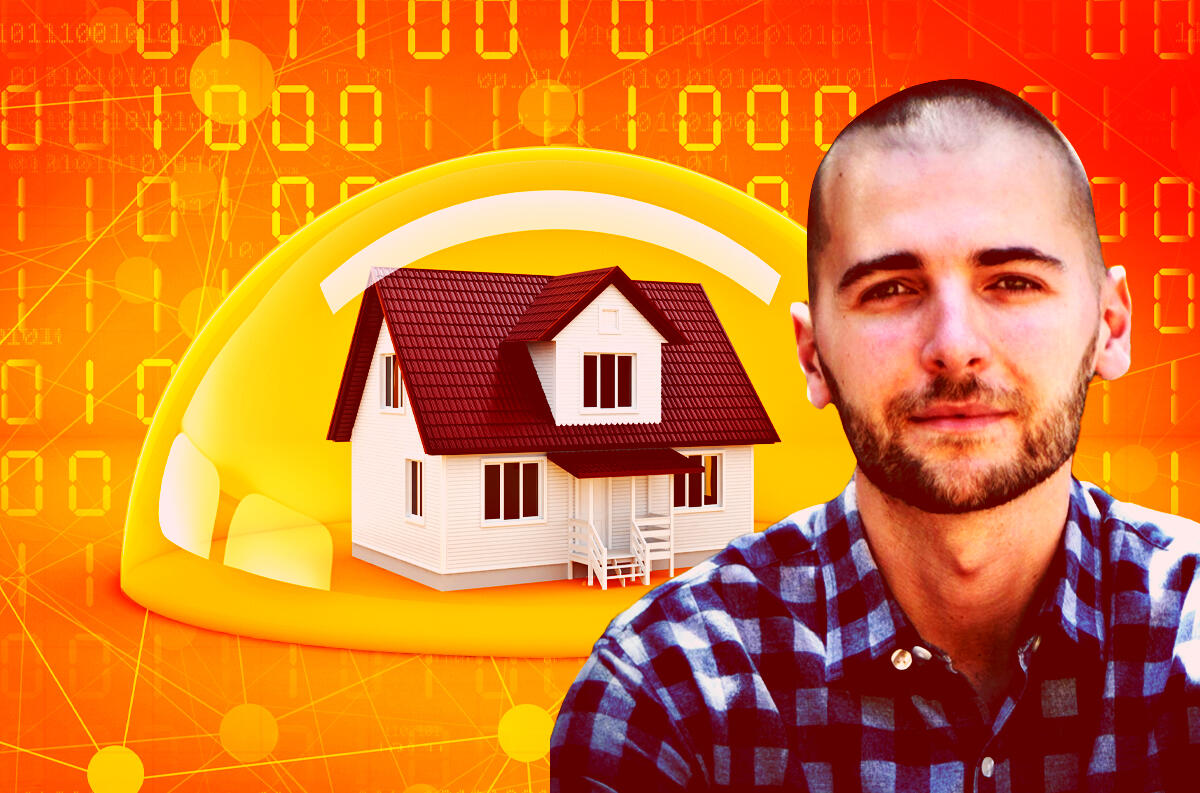Austin’s housing bubble is due to pop in about three years as the median home price in the city reached $640,000 in April.
When that happens, the city could see the largest decline in home prices in the nation, according to KVUE-ABC.
“Austin is arguably in the largest housing bubble in America based on the fundamental data,” said Reventure Consulting CEO Nicholas Gerli.
Gerli also said it takes about five years for a market to crash, but predicts a 30 percent to 40 percent decline in home prices in Austin over the next three years.
- Austin leads nation in home-building
- Tesla, Brookfield and Dacra to Build Energy-Neutral Housing Development in Austin
- Texas capital tumbles from top slot among hot housing markets
[/readmore]
“I know a lot of people are going to say a 30 percent to 40 percent decline is impossible, but two years ago, you would have said there’s no way Austin could appreciate by 70 percent in two years,” he said.
There are four factors Gerli looked at to determine if Austin is in a housing bubble and when it might pop, according to the outlet: the local housing price-to-wage ratio, the rent-to-buy ratio, the economic risk (factoring in migration to Austin slowing down and the potential for a technology downturn), and overall housing inventory.
The overall cost of buying a home in Austin has gone up nine times faster than the income people are earning, according to Gerli.
“It costs almost two times as much to buy a house with mortgage and tax payments than it does to rent an apartment,” Gerli said. “So that means people would be more incentivized to rent into the future home building.”
Additionally, the huge influx of people from the Bay Area, L.A., New York, and other parts of America has temporarily pushed up that price and the overall mortgage payment, and with so many tech companies in Austin, the city is at risk of a potential technology downturn.
Finally, although housing inventory is still extremely low, according to Gerli, homes are being built twice as quickly as they were three years ago and more homeowners overall are selling. In fact, the number of listings this month is up 15 percent compared to last year.
“It’s really the people who bought in the last one to two years who have the most to be concerned about in terms of all of a sudden the value of their property is less than they bought it for,” said Gerli.
[KVUE-ABC] — James Bell
